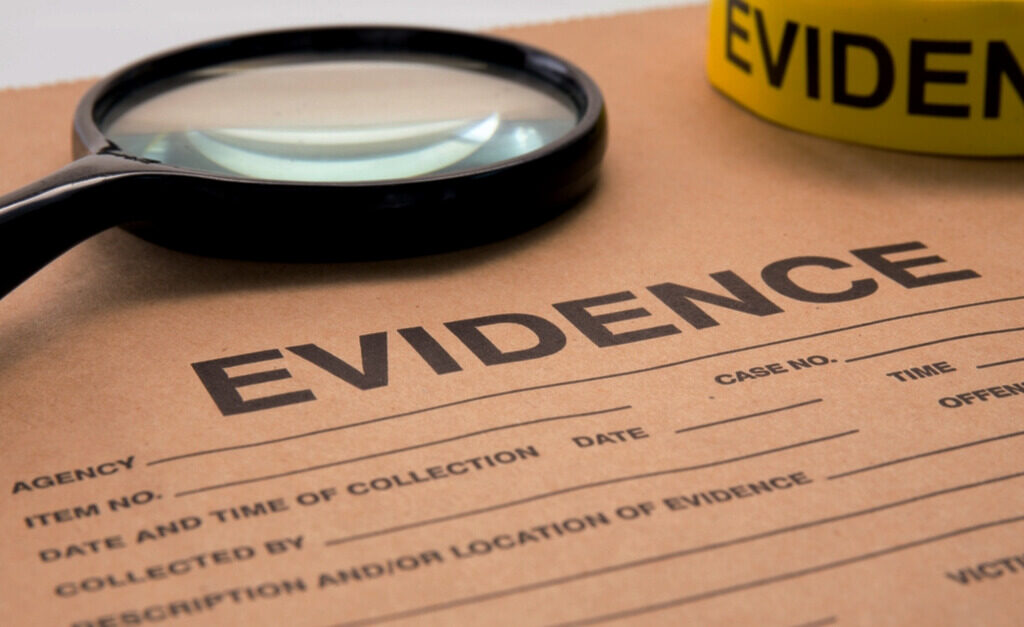By Genevieve Epetti

(c)ipleaders illustrative image only
04/07/2024
Over the past decade, the GOR undertook a series of policy and legal reforms intended to improve the rule of law and access to justice, as well as the investment and business climate. Therefore, it’s in this direction that the country has recently introduced significant amendments to its Law of Evidence, aiming to enhance judicial efficiency and uphold fairness in legal proceedings as stipulated in the constitution. further, it is important to keep in mind, the Rwandan legal system was originally based on the Belgian civil law system.
However, following the introduction of a new constitution in 2003 and the 2006 reforms and restructuration of the judiciary resulted to the shift to a hybrid legal system, which consists of a mixture of civil law and common law, in this regard these recent amendments mark a pivotal moment in Rwanda’s legal landscape, reflecting the country’s commitment to modernize its judicial system in line with international standards.
The Law of Evidence in Rwanda originally enacted to regulate the admissibility and presentation of evidence in courts enacted in the year 2004 recognized as the law no 15/2004 of 15/6/2024, has undergone substantial changes in the year 2024 that is 20years later, now identified as the law n062/2024 of 20/06/2024. The amendments build upon the foundation laid by the original law, addressing emerging challenges and adapting to evolving legal practices.
The recent amendments focus on several key aspects of the Law of Evidence. They include provisions to broaden the admissibility of electronic evidence, enhance protections for vulnerable witnesses, streamline procedures for the presentation of expert testimony, and strengthen mechanisms for the authentication of documentary evidence in this article we shall focus on the admissibility of electronic evidence. Which addresses issues that the society face both nationally and internationally.
The world is experiencing a frenetic digital activities resulting to a lot of crime and illegal acts that usually went unpunished, the was therefore a hurried need for legal reform adapting to the societal issues we face every day. The amendments were driven by a desire to address practical challenges faced in Rwandan courts, and to align the legal framework with international best practices. Factors such as technological advancements, changes in societal norms, and feedback from legal practitioners and stakeholders influenced the decision to reform the Law of Evidence, which was an urgent need.
Moreover, it will be important for us to understand clearly what electronic evidence, as define in article 2 of the law governing evidence of the year 2024 “electronic evidence” means electronic data of probative value to an investigation that is stored in received or transmitted through an electronic device. the are many types of electronic evidence to name a few; emails, text message digital document social media ,digital images and videos, computer forensic, meta data etc
The inclusion of electronic evidence will shape the judicial system in such a way that it reflects the reality of modern interactions and ensures that the legal system can effectively address contemporary issues that the world faces today. The inclusion of electronic evidence is crucial for enforcing laws and regulations related to digital activities such as cybercrime, data breaches, and intellectual property infringement; it allows court to hold individuals and organization accountable for their actions in the digital realm
The amending law of evidence 0f 2024 in it article 35 to article 49 determine the relevance, admissibility, probative value, presumption and verifications procedures of electronic evidence, electronic signature, digital signature and electronic certificates.
Furthermore, From a legal perspective, the amendments introduce new procedural safeguards and standards for evidence handling. They clarify rules regarding the admissibility of digital evidence, ensuring that courts can effectively address cases involving cybercrime and electronic transactions. Practical implications include updated training programs for legal professionals to ensure they are well-versed in the amended provisions.
While generally welcomed, the amendments have sparked debates among legal scholars and practitioners. Some critics argue that certain provisions could lead to increased litigation costs or potential misuse of electronic evidence if its not handle with proper care . Others raise concerns about the adequacy of safeguards for protecting sensitive information and ensuring the reliability of expert testimony.

